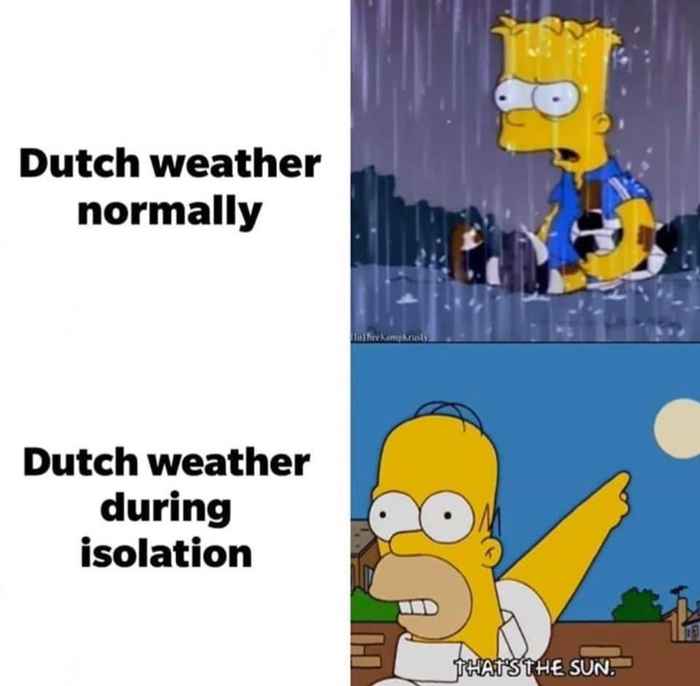Research into ‘corona humour’
6 April 2020

The number of jokes and memes being circulated in this time of crisis is huge. Humour offers not only a means of coping with stress and the flood of news we face every day, but also a way to communicate with one another.
'Crisis conditions like the Covid-19 pandemic tend to expose phenomena in society that we often fail to notice when life is going on as usual', Boukes explains. 'Now that there's a single topic on everyone's mind all around the globe, the use of humour in people's day-to-day communication is becoming much more visible – and therefore easier to study.’
Differences between countries
The number of corona jokes swirling around the internet each day is huge, yet that volume also provides researchers with an opportunity for cataloguing this form of humour. Styles of humour can vary from one culture to another, as well as the public figures who may serve as the focal point of the jokes.
It is also possible to investigate whether there is a certain trend in the jokes about the coronavirus, from light-hearted and silly at first to a darker form of gallows humour as the situation becomes more serious. According to communication scientist Boukes, the nature and forms of jokes and memes seen in the Netherlands have so far been relatively harmless. At the moment, these jokes concern things like stockpiling, working from home and social distancing. This shows how humour emerges in response to reality.
Meme portal
Boukes and Kuipers will study whether different jokes are being made in different countries and how the humour evolves in terms of nature and form. The researchers hope to learn whether corona-related humour helps lighten the mood or instead serves as biting political satire.
Their study into humour has now been launched in a number of languages and focuses on a wide variety of countries that are in one way or the other impacted by the coronavirus. To that end, the researchers have introduced a portal containing memes in Arabic, Belarusian, Brazilian Portuguese, Chinese, Czech, Danish, Dutch, English, Estonian, Finnish, French, German, Hebrew, Hindi, Hungarian, Italian, Japanese, Korean, Latvian, Lithuanian, Norwegian, Persian, Polish, Portuguese, Romanian, Russian, Spanish, Swedish, Thai, Turkish, and Vietnamese..